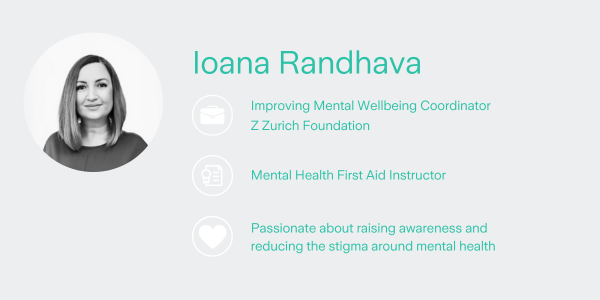The Impacts of Cultural Stigma on Mental Health
Mental healthHealth TipsAugust 14, 2024
Different cultures have widely varied views of mental health, each influenced by cultural norms, historical perspectives, and traditions. However, mental health issues are sadly not confined to a specific group of people. Although they can impact anyone, cultural stigmas can create challenges that keep people from getting the help and support they need.
Cultural stigma
Many countries still view mental health as a taboo subject, clouded in shame and false information. Sayings like "just toughen up" and "it's all in your head" disregard the complexities of mental illness and encourage a culture of silence and denial. This stigma prevents people from seeking support and feeds false beliefs that prevent growth of acceptance and tolerance.
Cultural views and expectations about mental health frequently clash, affecting how disorders are understood and treated. People with mental illnesses are stigmatized and subjected to discrimination in some cultures, which attribute their condition to human weakness or supernatural forces. Because of this, people might cover up their problems to avoid social rejection, making their situations worse and delaying them getting the help they need.
Stigmas attached to mental illness are often made worse by societal standards pertaining to race, gender, and sexual orientation. Men can feel pressured, for instance, to maintain rigid notions of masculinity, making it difficult for them to admit when they struggle or to seek help when they are feeling emotional distress.
Access to support
Social barriers that prevent people from minority groups from accessing mental health care can also make the stigmas they already face worse.
Interventions that are sensitive to cultural differences and respect diversity in beliefs and behaviors are necessary to promote transparent communication and debunk myths. To eliminate discrimination and promote public understanding, cooperation between grassroots organizations, local government institutions, and mental health practitioners is essential.
Destigmatization
One of the main goals of the campaign to destigmatize mental health is to empower people to ask for treatment without worrying about being rejected or facing reprisals. One of the first steps is creating safe spaces where people can talk honestly without worrying about being judged or stigmatized. By amplifying diverse viewpoints and stories, we can cultivate empathy and understanding, breaking the barriers that sustain cultural shame.
Ultimately, addressing cultural stigma associated with mental illness requires collective commitment. It takes community efforts to help change deeply held beliefs and promote an accepting and compassionate society.
In a society where getting treatment is seen as a show of strength rather than weakness, we can foster greater inclusivity and support. By acknowledging the inherent worth and value of every person, regardless of their mental health, we can all grow together.

Sources
https://www.ncbi.nlm.nih.gov/pmc/articles/PMC10220277/
https://www.ncbi.nlm.nih.gov/books/NBK44249/
To experience LiveWell for yourself, download the app and get started.





